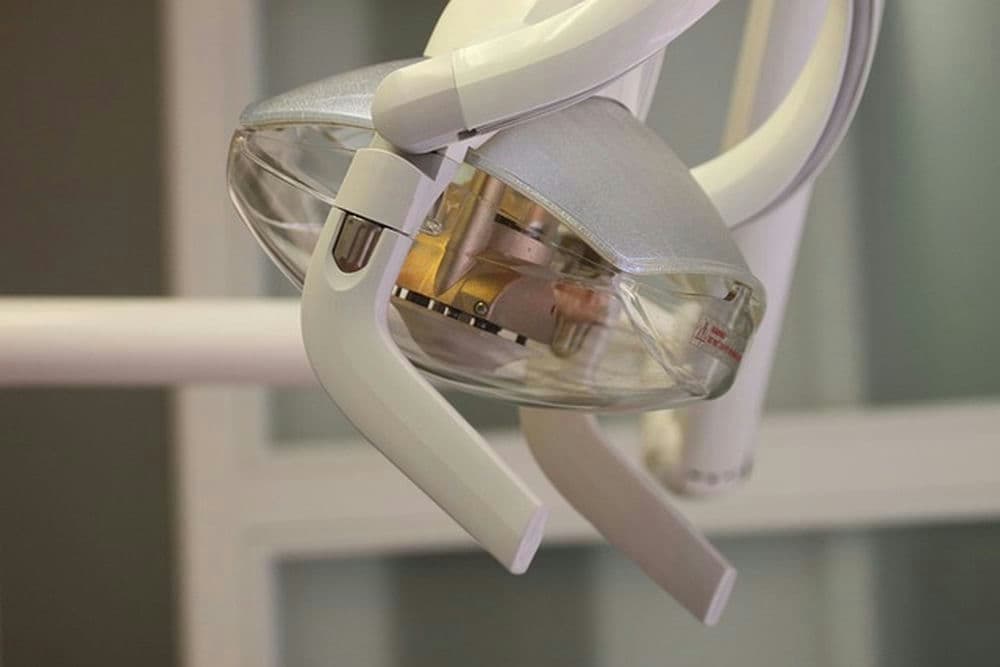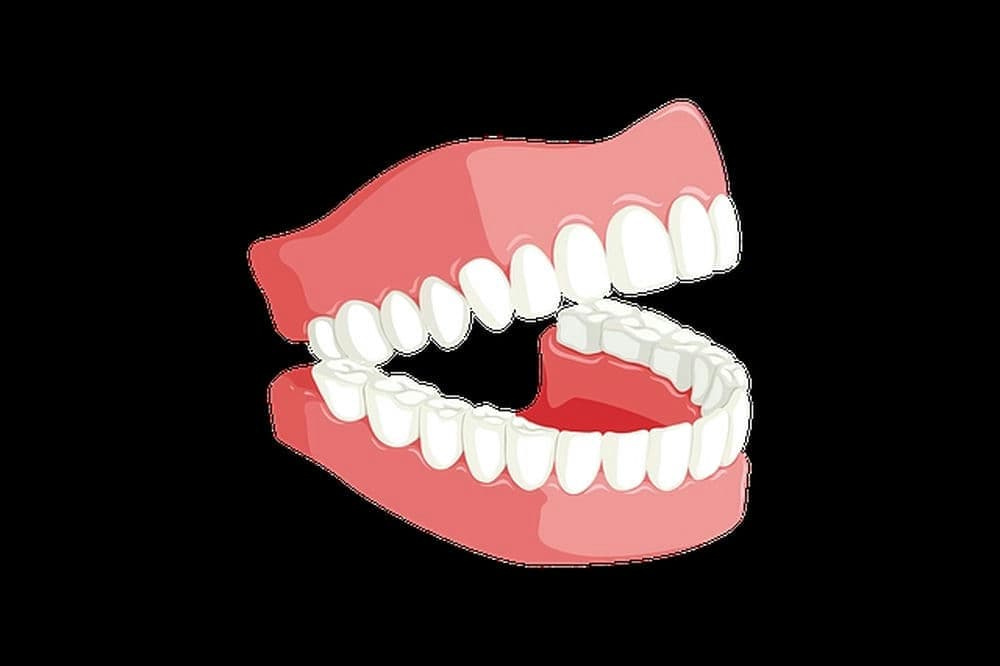Pages
simply dental implants
2/8/2023

Waiting for bone growthOnce the metal implant post is placed on your jawbone, osseointegration (oss-ee-oh-in-tuh-GRAY-shun) begins. During this method, the jawbone grows into and unites with the floor of the dental implant. This process, that may take a couple of months, helps provide a superior base for your new artificial tooth — just as roots do to your natural teeth. Placing the abutmentWhen osseointegration is finished, you may wish additional surgery to position the abutment — the piece where the crown will ultimately attach. This minor surgical procedure is usually done with local anesthesia in an outpatient environment. To place the abutment:Your oral health care provider reopens your gum to reveal the dental implantThe abutment is attached to the dental implantThe gum tissue is then closed around, but not over, the abutmentIn some cases, the abutment is attached to the dental implant metal post when the post is implanted.
(If you had implants put on either side, eat soft foods for a few days, after which add other foods as your consolation level allows. )Brush and floss day by day. Clean the implant site as directed by your physician. What are the blessings of dental implants?Dental implants offer a big range of advantages. They can:Improve speech and chewing means. Enhance the look of your smile. Secure permanent or detachable bridges and dentures. Provide teeth replacement without altering (shaving down) your neighboring teeth. (This is essential for dental bridges. )In addition, dental implants can’t get cavities. (But they’re not invulnerable to gum disorder, so it’s still vital to practice good oral hygiene.
d5 dental implants
1/24/2023

Dental implant dentures videoPlayDental implant denturesA number of elements akin to receding bone and gums or the ineffectiveness of denture adhesive means that dentures can slip making chewing hard or in certain cases dentures may even fall out. Fixed teeth feature far better and provides you the self belief to eat, chew, laugh and smile. That is why more and more people are moving to implants as a way of securing their dentures. Dental implant dentures videoPlayAll on four Implants (same day teeth)All on four implants, once in a while called same day teeth, involves four implants being placed to hold a full arch of teeth, that may be connected an identical day. The result's accomplished by placing two directly implants at front of the mouth and two implants in the back placed at an angle up to 45°. Not everyone can be suitable for this treatment, so if you are interested why not contact one of our highly experienced Advanced Oral Health Centres and discover more.
This every now and then calls for re-glues after meals. An implant-supported denture requires no adhesive. Dentures must be got rid of for cleansing. With the exception of a removable implant-retained denture, your implant-supported recovery can be cared for by brushing and flossing. Dentures cover the roof of the mouth. With implants, there’s nothing overlaying the roof of your mouth to intervene with your sense of taste or other normal activities.
dental implants and autoimmune disease
3/4/2023

In ordinary, dental implants may be best for you if you:Have one or more lacking teethHave a jawbone that's reached full growthHave enough bone to secure the implants or are in a position to have a bone graftHave fit oral tissuesDon't have health conditions that may affect bone healingAre unable or unwilling to wear denturesWant to improve your speechAre inclined to commit a few months to the processDon't smoke tobaccoLike any surgical procedure, dental implant surgery poses some health risks. Problems are rare, though, and when they do occur they are usually minor and simply handled. Risks come with:Infection at the implant siteInjury or damage to surrounding constructions, equivalent to other teeth or blood vesselsNerve damage, which may cause pain, numbness or tingling to your natural teeth, gums, lips or chinSinus issues, when dental implants placed in the higher jaw protrude into one of your sinus cavitiesHow you prepareThe making plans process for dental implants may involve plenty of experts, including a physician who focuses on situations of the mouth, jaw and face (oral and maxillofacial health care provider), a dentist specializing in treating buildings that help the teeth, equivalent to gums and bones (periodontist), a dentist who designs and fits artificial teeth (prosthodontist), or once in a while an ear, nose and throat (ENT) specialist. Because dental implants require one or more surgical approaches, you should have a radical analysis to organize for the process, adding a:Comprehensive dental exam. You may have dental X-rays and 3D images taken, and have models manufactured from your teeth and jaw. Review of your scientific historical past.
Your dental team supplies counsel about this before your cure. Preparing to have a dental implantIt is important to tell your dental team about any disorders along with your health and any pills or drug treatments that you're taking. Some clinical situations change the recommendation and tips that we wish to provide you with. SmokingWe strongly advocate that you just try to quit smoking and remain a non-smoker in the long time. This lowers your risk of some complications with dental implants. For help to hand over smoking, please speak to your nurse or call our quit smoking service on 020 7188 0995. Benefits of dental implantsYou have dental implants when your dentist does not are looking to put crowns (caps) on fit teeth. Implants are also useful if dentures or bridges can be challenging or inconceivable because there are no appropriate teeth or gums to assist them. Risks of dental implantsThere is a small risk that the dental implants will possibly not join correctly with the bone for your jaw. We then cannot use them. This risk is higher for some people, adding people who smoke.
cost of full mouth dental implants near me
2/15/2023

(But they’re not invulnerable to gum ailment, so it’s still critical to practice good oral hygiene. )What are the hazards or problems of dental implants?Like any surgery, dental implant placement contains the talents for problems. Possible risks include:Infection. Sinus damage. Nerve damage. Improper implant placement.
)In addition, dental implants can’t get cavities. (But they’re not invulnerable to gum ailment, so it’s still critical to practice good oral hygiene. )What are the risks or problems of dental implants?Like any surgery, dental implant placement contains the expertise for issues. Possible risks come with:Infection. Sinus damage. Nerve damage. Improper implant placement. Allergic reaction to titanium (very rare). When an experienced healthcare professional places implants, the risk of complications is minimum. If you’re considering getting dental implants, make sure to find a carrier you trust. Who shouldn’t get dental implants?Certain risk elements can affect dental implant candidacy.